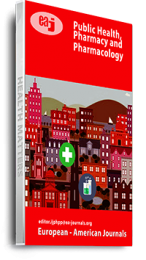Nursing education is a rigorous and demanding pursuit, requiring a comprehensive understanding of medical knowledge, critical thinking skills, and effective clinical practice. The success of nursing students in academic and clinical settings is influenced by a myriad of factors that encompass both cognitive and non-cognitive determinants. This paper examines the key cognitive determinants, which include critical thinking, problem-solving abilities, clinical reasoning, and memory skills. These cognitive factors provide the foundational framework for grasping intricate medical concepts and making informed decisions in real-world healthcare scenarios. Furthermore, this paper delves into the non-cognitive determinants that significantly impact academic performance in nursing education. Factors such as motivation, emotional intelligence, resilience, and interpersonal skills play a pivotal role in shaping a nursing student’s approach to learning, coping with challenges, and delivering patient-centered care. The importance of cultural competence, adaptability, and teamwork is also explored, as they contribute to effective collaboration in the dynamic healthcare environment. Recognizing the intricate relationship between cognitive and non-cognitive determinants is imperative for nursing education programs. By fostering a nurturing learning environment, offering mentorship and support services, and integrating experiential learning opportunities, nursing institutions can equip their students with the tools needed to excel academically and become well-rounded, compassionate, and skilled nurses. This paper underscores the significance of addressing both cognitive and non-cognitive factors to ensure the holistic development of nursing students and their future contributions to healthcare.
Keywords: : Academic Performance, Cognitive, Determinants, non-cognitive

